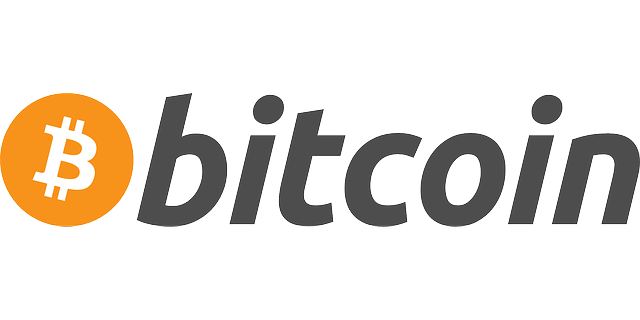Bitcoin has made history this week by reaching a new all-time high past the $20,000 mark. This week’s roundup features this story and other news to keep you informed.
Bitcoin Hits a New All-Time High
 After weeks of waiting, bitcoin finally hit $20,000 on Wednesday and surpassed this price for the first time since 2017. The cryptocurrency’s price is now trading at over $23,000 and could reach new highs in the future.
After weeks of waiting, bitcoin finally hit $20,000 on Wednesday and surpassed this price for the first time since 2017. The cryptocurrency’s price is now trading at over $23,000 and could reach new highs in the future.
“Like with any record-breaking event, it will prompt the question: what is next? In a year of economic uncertainty, bitcoin has not wavered, outperforming the likes of gold and other stocks and shares, so a further increase in 2021 is certainly on the cards,” Luno CEO Marcus Swanepoel reacted.
The new all-time high could partially be attributed to the increasing interest from institutional investors. Additionally, experts are optimistic that the new adopters will stick around because of the increased activity in the space compared to 2017. For instance, there are more uses, protocols, and services in lending and trading.
According to data on Coinmarketcap, bitcoin has a market dominance of 65.4 percent. Moreover, other cryptocurrencies like ether and litecoin are also enjoying increased prices.
Expert Predicts Africa is the Future of DeFi
Africa is the future of decentralised finance (DeFi), according to the CEO of IOHK, Charles Hoskinson. IOHK is the technology company behind the Cardano network.
Speaking in a YouTube video, Hoskinson said: “Who will be the consumers of DeFi? Who is need of identity systems and payment systems and new ways of representing equities? Will it be the ossified highly regulated markets of the western world, which are invitation-only, or will it be the agile and nimble countries of Africa, Southeast Asia, [which] have no incumbencies and are desperate to compete and thus are open and friendly to retooling and ideas? Given that the human capital, physical capital, and economics are all moving in the right direction, it is my belief that Africa will be the most promising economic environment in the next ten years.”
Cardano plans to focus its long-term development goals on Africa. While he did not reveal the specific details of these plans, Hoskinson said that the project has created the right networks and relationships to roll out flagship deals.
Furthermore, Patrick Rawson from Curve Labs told Cointelegraph during an interview that he believes the next wave of DeFi adoption will take place in Africa.
AfCFTA Implementation to Begin in January 2021
The implementation of the African Continental Free Trade Area (AfCFTA) will begin on 1 January 2021. This is after African nations signed their approval of the agreement at a recent meeting. 54 African countries have signed the agreement, while 41 nations have presented their tariff offers.
AfCFTA will facilitate trade on the continent by increasing output in the manufacturing, natural resources, and services sectors. It will also change African markets and economies for the better. For example, the agreement could help to elevate 30 million people from extreme poverty, as stated in a World Bank publication.
The implementation of the agreement will focus on small-medium businesses, women in trade, and young entrepreneurs.
According to President Ramaphosa of South Africa, the next step is a single African currency, which could potentially be a digital currency.
To learn more about Bitcoin, download the Bitcoin Beginner’s Handbook for free.


 News1 year ago
News1 year ago
 News2 years ago
News2 years ago
 News3 years ago
News3 years ago
 News2 years ago
News2 years ago
 News2 years ago
News2 years ago
 Sponsored Posts3 years ago
Sponsored Posts3 years ago
 News2 years ago
News2 years ago
 News2 years ago
News2 years ago

 After weeks of waiting, bitcoin finally hit $20,000 on Wednesday and surpassed this price for the first time since 2017. The cryptocurrency’s price is now trading at over $23,000 and could reach new highs in the future.
After weeks of waiting, bitcoin finally hit $20,000 on Wednesday and surpassed this price for the first time since 2017. The cryptocurrency’s price is now trading at over $23,000 and could reach new highs in the future.















 Central African Republic (CAR) has set up a 15-member committee that will be responsible for developing a bill on the use of cryptocurrencies and tokenization in the region.
Central African Republic (CAR) has set up a 15-member committee that will be responsible for developing a bill on the use of cryptocurrencies and tokenization in the region.







